Deciding to Buy or Sell in Winnipeg

Buying Real Estate: Overcoming Hesitations and Understanding the Market
Buying real estate is a major decision, and many people feel they need help deciding when to make this choice. In today's competitive market, waiting too long could mean missing out on great opportunities. Understanding current market dynamics and addressing personal hesitations can make all the difference.
Key Factors Influencing the Real Estate Market
External factors such as economic conditions, government policies, social trends, and interest rates shape the real estate market. Understanding these market factors can give you an edge when navigating real estate.
Here’s how they impact your decision-making:
- Economic Health: The economic conditions of employment rates, GDP growth, and consumer confidence, affects people's ability to buy homes. People may be less likely to buy when the conditions of the economy are not well, leading to less demand and potentially lower prices on properties.
- Government Policies: Taxation rebates, plans and incentives can either stimulate or slow market activity. For instance, tax credits for first-time homebuyers increase demand, while higher property taxes may deter it. Provincial policies will vary.
- Social Factors: Demographic shifts, such as more new home buyers entering the housing market, can push demand. Changing lifestyles or the rise of remote work and home based businesses can influence what types of properties are most attractive. More people immigrating to Canada or expanding their families can increase demand.
- Interest Rates: Low interest rates make borrowing cheaper, boosting home buying activity. On the other hand, high rates can reduce buyers' purchasing power by reducing the amount with one has to budget for. Offering insights into current rates, Winnipeg Regional Real Estate Board updates this information weekly on their website. For the most accurate current interest rate, it is best to check with your lender, wether it be a bank or through a mortgage broker.
- Housing Inventory: When there’s a low supply of homes, competition increases, often leading to bidding wars. A high supply gives buyers more negotiating power.

Making the Decision to Buy
It’s normal to have questions about purchasing a home. Although taking on a mortgage may seem daunting at first, the long-term benefits—building equity, financial security, and creating a home that’s truly yours—far outweigh the initial doubt.
Start by understanding the process, the current market, and your financial readiness. Having a great real estate agent who understands your needs and goals is impportant.
3 Factors That May Influence Your Decision to Buy
- Commitment
Homeownership is a major financial commitment that in the long-term builds financial stability, offers personal fulfillment, and roots you in a community. Being informed about the process, from securing a loan to negotiating a deal, through a real estate agent will ensure you find a home that fits both your needs and budget. - Location
Choosing the right location is crucial—not just for the house itself but for your overall lifestyle. Your choice of city may be determined by your place of work, family and friends. If you know the city you want to buy in, research neighborhoods thoroughly, looking at factors like schools, amenities, accessibility to work and future development. Visiting at different times of day and talking to residents will give you a feel for the area. Ultimately you want to feel a sense of ownership pride in a community that you feel connected too. - Attachment
Emotional factors often play a bigger role in home buying than we realize. Whether it's the fear of leaving behind memories or the desire to find the "perfect" home, these feelings can complicate your decision-making. Strike a balance between what you want emotionally and what makes practical sense. Your real estate agent can help you find a home that meets your needs while considering your personal preferences.

Listing Your Property: 11 Reasons That May Influence Your Decision
Selling a home is a big decision that involves personal, financial, and emotional factors. The decision to sell should align with both your financial goals and personal needs. Being ready and prepared to list your home may not be as easy as it seems, several factors can create doubt.
1. Emotional Attachment
A home is more than just a physical space; it’s where memories are made. Whether it’s raising a family, celebrating milestones, or spending years in a neighborhood, emotional connections to the home can make it difficult to let go. When it comes time to making the decision to sell, you may feel a strong attachment to the memories associated with your home, which can cause delay in the decision to sell.
2. Uncertainty About Finding a New Home
The fear of not being able to find the right new home can be a big reason for hesitation. In a competitive market, sellers worry that while they may sell their current home quickly, they might struggle to find or afford a new one. Concerns about tight inventory, bidding wars, or increased prices in the area they want to move to can make selling feel like a risky move.
3. Market Conditions
Some sellers may hesitate if they believe it’s not the right time to sell. For example, in a buyer’s market, where there is an abundance of homes for sale and less demand, sellers may worry they won’t get the best price for their property. Alternatively, if they expect the market to improve in the near future, they might hold off, hoping for better prices down the line.
4. Financial Considerations
Selling a home comes with costs beyond just moving. Sellers may hesitate if they’re concerned about:
- Capital gains taxes (if the home has significantly appreciated).
- Transaction fees like real estate commissions, legal fees, and closing costs.
- Mortgage penalties for breaking a mortgage early. Additionally, if the homeowner’s mortgage balance is close to or higher than the home’s market value, selling may not provide a significant financial gain, causing them to hesitate.
5. Reluctance to Deal with the Stress of Moving
Moving is often seen as a major life event, and the process can be stressful. Preparing a home for sale, dealing with showings, negotiations, packing, and the logistics of moving to a new place can feel overwhelming. This stress can cause people to delay or avoid selling altogether.
6. Uncertainty About Future Plans
If homeowners aren’t sure where they want to live next or what their future plans are, they might hesitate to sell. Maybe they’re considering relocating but haven’t decided on a specific area, or they’re unsure if they want to downsize, upsize, or rent. This uncertainty can lead to delays in making a firm decision.
7. Fear of Change
Selling a home often represents a significant life change. Whether it’s moving to a new city, downsizing after children leave, or transitioning to a different phase of life, change can be intimidating. The comfort of staying in a familiar place can outweigh the perceived benefits of selling, leading to hesitation.
8. Investment Potential
Some homeowners may view their property as an appreciating asset and hesitate to sell if they believe its value will continue to rise. They may choose to hold on to the home as an investment, especially in hot real estate markets where prices are climbing steadily, thinking they can sell later for a higher return.
9. Concerns About Renovations or Repairs
If the home needs significant repairs or updates to appeal to buyers, sellers may hesitate due to the cost, effort, or time involved in getting the property ready for sale. The idea of dealing with home improvements or renovations, especially if they’ve been postponed, can make selling feel like too much of a hassle.
10. Fear of Losing Out on Rental Income
If the property is an investment or rental property, the homeowner may hesitate to sell if the rental income is reliable and profitable. They may prefer the steady flow of rental income rather than taking a lump sum from selling the property, especially if they rely on the income for their lifestyle or retirement.
11. Timing Around Personal Life Events
Personal factors, such as upcoming life changes (retirement, children moving out, job relocation, etc.), can impact the timing of a sale. Sellers may hesitate because they’re waiting for a better personal or financial situation to align with the sale.
Overcoming the Hesitation to Sell
While hesitation is natural, many of these concerns can be addressed with careful planning. A good real estate agent can help homeowners navigate these challenges by:
- Providing accurate market insights so they know when it’s a good time to sell.
- Guiding them through the buying and selling process so they don’t feel overwhelmed.
- Helping with financial assessments to ensure the decision is sound.
- Suggesting ways to make moving less stressful, such as recommending movers, stagers, and repair professionals.

Benefits of Listing Your Property
Listing your home for sale opens the door to a wide range of opportunities—whether it’s financial gain, lifestyle improvements, or simply making a change that aligns better with your current needs. If you’ve been considering making a move or capitalizing on the current market, it can be a rewarding and smooth process that sets you up for future success.
Working with a trusted real estate professional can make the process easier and more manageable.
Here are some key benefits to putting your home on the market:
1. Unlocking Equity
One of the biggest benefits of selling your home is unlocking the equity you've built over the years. Whether you've paid off a substantial portion of your mortgage or your property has appreciated in value, selling allows you to convert that equity into cash. This can be used for:
- Purchasing a new home.
- Investing in other opportunities.
- Paying off debt or funding major life events (like retirement or your children's education).
2. Taking Advantage of a Hot Market
If the real estate market is currently favorable for sellers (a seller's market), listing your home can lead to higher offers, competitive bidding, and a faster sale. In such conditions, low housing inventory and high demand may allow you to sell at a premium price, maximizing your return on investment.
3. Downsizing or Upsizing to Fit Your Needs
If your current home no longer fits your lifestyle—whether it's too big now that your kids have moved out or too small for your growing family—selling gives you the opportunity to find a home that better suits your needs. Downsizing can also lead to lower monthly expenses, while upsizing may provide the extra space or amenities you've been dreaming of.
4. Moving to a More Desirable Location
Selling your home can be the key to relocating to a more desirable neighborhood, closer to work, family, or amenities. If your current home no longer aligns with your lifestyle or if you're seeking a change of scenery, listing your property gives you the flexibility to move to an area that better suits your preferences.
5. Upgrading to a Newer or More Modern Home
If you’re looking for more modern features, energy efficiency, or better amenities, selling your older home could help you upgrade to a newer property. Newer homes often come with lower maintenance costs and modern conveniences that can improve your overall quality of life.
6. Relieving the Financial Burden
If maintaining your current home has become financially burdensome due to high mortgage payments, property taxes, or ongoing maintenance costs, selling can provide relief. Moving to a more affordable home or downsizing can reduce financial stress and free up cash flow for other needs.
7. Gaining Flexibility with Renting
If you're not ready to commit to buying another home right away, selling your property allows you to explore renting options. This can give you the freedom to test out a new neighborhood, travel, or wait for more favorable market conditions before purchasing again.
8. Capitalizing on Home Improvements
If you've recently invested in home improvements, like a kitchen remodel or new landscaping, selling soon after can help you capitalize on those upgrades. These improvements can increase the market value of your home and make it more appealing to buyers, allowing you to recoup your investment and potentially more.
9. Avoiding Future Market Downturns
Real estate markets can be unpredictable, and waiting too long to sell could mean missing out on favorable conditions. If there are indications that the market may cool down or if economic factors suggest a potential decline in property values, selling sooner rather than later could help you avoid a decrease in your home's value.
10. Lifestyle Change or Major Life Events
Life changes like retirement, job relocation, or family milestones may prompt the need to sell. Listing your home gives you the flexibility to adapt to these changes, whether it’s moving to a more convenient location, a retirement-friendly community, or closer to loved ones.
11. Eliminating Maintenance Stress
Owning a home comes with ongoing maintenance and upkeep responsibilities. If the costs or effort involved in maintaining your property are becoming overwhelming, selling can relieve you of that burden. This is particularly true for older homes that require more repairs, time, and money to keep in shape.
12. Opportunity to Make a Fresh Start
Selling your current home gives you a chance to start fresh, whether it's in a new city, a different type of property, or simply a home that better aligns with your current stage of life. Moving into a new home can be an exciting opportunity for personal growth, new experiences, and a better fit for your needs and lifestyle.
Categories
Recent Posts
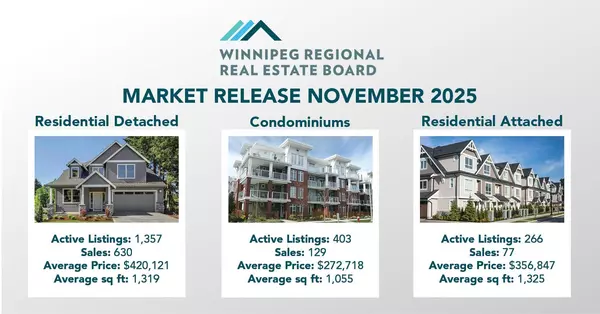
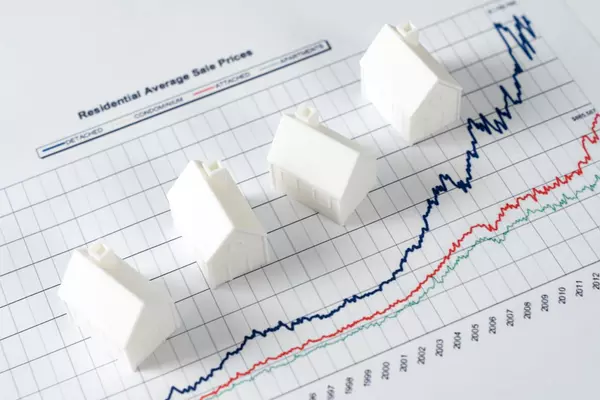
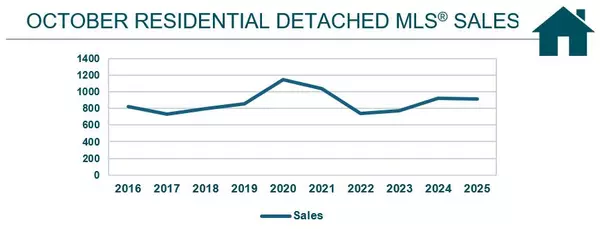
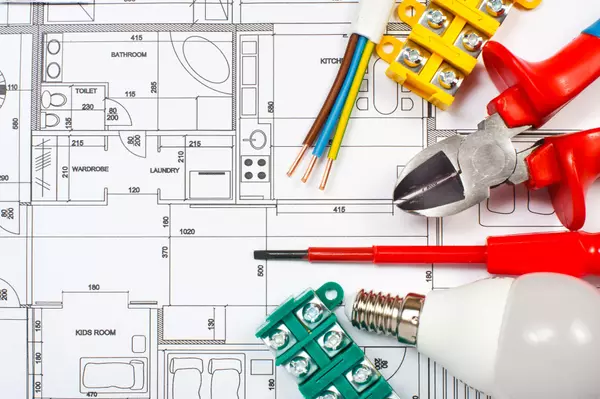



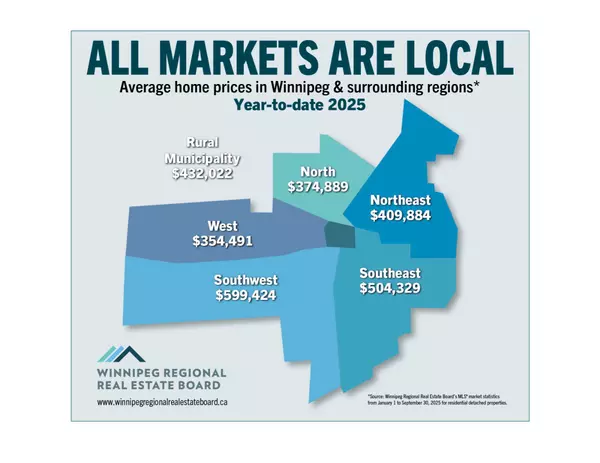

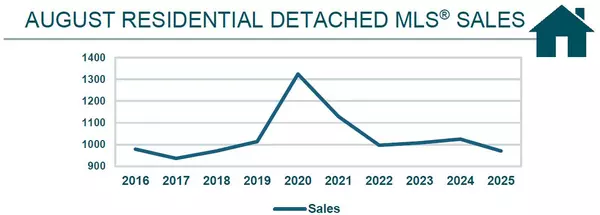
Leave a Reply
 REALTOR®
REALTOR®I became a REALTOR® because I truly enjoy helping people find the place that feels like home and because providing exceptional service during such an important moment in someone’s life is something I genuinely care about. Supporting sellers as they move on, move up, or move forward is just as meaningful, and being part of that transition is something I’m grateful to contribute to.
I make the buying or selling journey feel organized and approachable with clear communication and practical guidance. With an approach supported by market data, trends, and neighbourhood insights, you'll always understand what’s happening and how to make the most informed decisions.
Whether you’re buying your first home, selling a place filled with memories, or planning your next step, I’m here as someone who listens, shows up, and puts your goals at the centre of every decision. I'm focused on what serves you best.
I'm Tara Zacharias, a real estate salesperson located in the vibrant city of Winnipeg. Thanks for stopping by and taking the time to get to know me!+1(204) 293-0933 tara@tarazacharias.com330 St Mary Ave, Winnipeg, MB, R3C 3Z5, CAN
https://tarazacharias.com/

